LNP formulations produce strong immune responses, data shows
Drug Discovery World
FEBRUARY 15, 2024
Hypothetically, any mRNA-based drug using S-Ac7-DOG as the lipid base would therefore have improved efficacy and a better safety profile.
This site uses cookies to improve your experience. By viewing our content, you are accepting the use of cookies. To help us insure we adhere to various privacy regulations, please select your country/region of residence. If you do not select a country we will assume you are from the United States. View our privacy policy and terms of use.

Drug Discovery World
FEBRUARY 15, 2024
Hypothetically, any mRNA-based drug using S-Ac7-DOG as the lipid base would therefore have improved efficacy and a better safety profile.

Drug Discovery World
AUGUST 30, 2024
EVOQ Therapeutics has received a $2 million grant from the National Institutes of Health (NIH) to advance novel therapies for autoimmune diseases. This particular award advances therapies for myelin oligodendrocyte glycoprotein (MOG) antibody disease, a rare inflammatory disorder of the central nervous system.”
This site is protected by reCAPTCHA and the Google Privacy Policy and Terms of Service apply.

Chemical Biology and Drug Design
FEBRUARY 2, 2024
Terpenes are compounds that inhibit the growth of Leishmania spp, Schistosoma spp, and Echinococcus spp, cause changes in parasite ultrastructure, inhibit enzyme activity, and modulate the immune response. Their use in combination therapy decreases the concentration of the reference drug used.

Drug Target Review
JULY 4, 2023
Among the many remarkable components that make up this complex defence network, T cells have emerged as powerful guardians, orchestrating an array of immune responses with great precision.

Drug Discovery World
JANUARY 18, 2024
Poolbeg Pharma, a biopharmaceutical company focused on the development and commercialisation of medicines targeting diseases with a high unmet medical need, has announced promising in vivo results for POLB 001 in addressing cancer immunotherapy-induced cytokine release syndrome (CRS). million cases of cancer by 2030 1,2.

Drug Discovery World
MAY 6, 2024
It was also found that B cells which were consistently present in patients’ treatment had recognised cancer and had changed their genetic sequence to become more effective at identifying cancer. However, some B cell responses were seen across many or all tumour sites, suggesting that they are seeking out cancer cells at different sites.
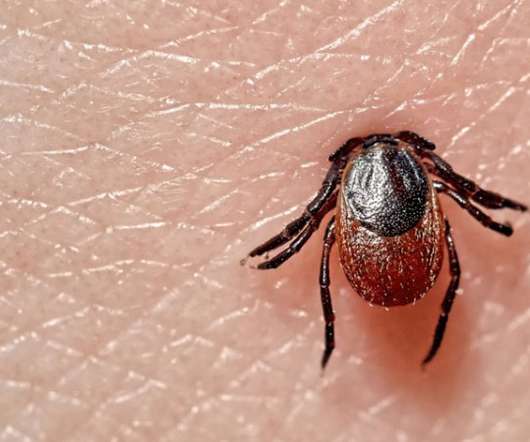
Drug Discovery World
NOVEMBER 17, 2022
Researchers have identified 35 genes associated with long-term Lyme disease that could potentially be used as biomarkers to diagnose patients with the condition. . The study is the first to use transcriptomics as a blood test to measure RNA levels in patients with long-term Lyme disease. .

Drug Discovery World
AUGUST 7, 2023
The collaboration will work on developing exosome-encapsulated AAV (exoAAV) vectors as a novel gene delivery technology aimed at improving treatments for heart disease. Susmita Sahoo, Associate Professor of Medicine, Cardiology at Icahn Mount Sinai has been exploring the use of exosomes in gene therapy for several years.
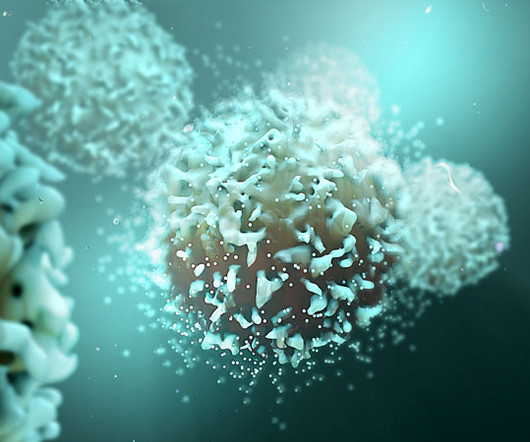
Drug Target Review
JANUARY 23, 2024
What innovative approaches and technologies are anticipated to reshape immuno-oncology treatments in 2024? Immuno-oncology, notably through checkpoint inhibitors, has significantly reshaped cancer treatment over the past decade.
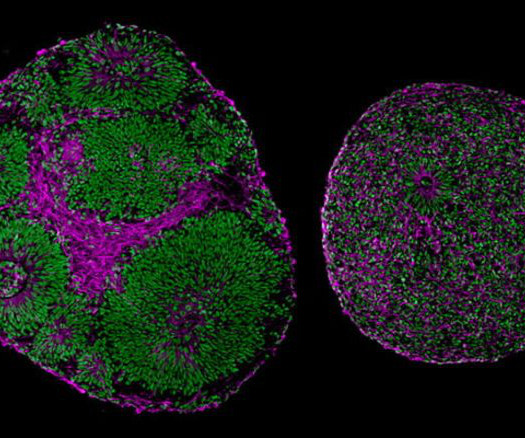
Drug Target Review
OCTOBER 16, 2023
As we explore translatability, technological advancements and the integration of artificial intelligence (AI), we envision the potential role of PDOs throughout the entire medicine creation pipeline, from target identification to personalised clinical treatments, ultimately reducing costs and improving patient outcomes.
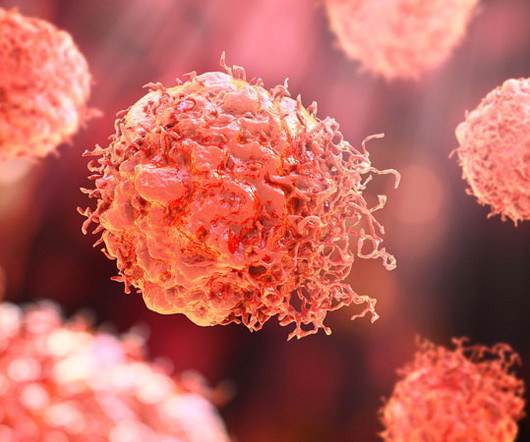
Drug Target Review
JANUARY 15, 2024
Cancer is a disease driven by variable genetic mutations. Our innate immune system evolved to clear genetically diverse pathogens and limit host toxicity, raising the possibility that it can produce similar effects in cancer. Could you provide insights into the driving factors behind exploring novel treatments for cancer types?

Olympian Clinical Research
MAY 6, 2024
The journey toward effective treatments has been long and evolving, with recent breakthroughs offering new hope to those living with this challenging condition. From Coal Tar to Biologics: A Historical Perspective The history of psoriasis treatment is as old as the condition itself, with records dating back to ancient times.

Drug Discovery World
APRIL 9, 2024
A study by researchers at the UCLA Health Jonsson Comprehensive Cancer Center in the US suggests that injecting engineered dendritic cells directly into cancerous lung tumours can help promote a stronger immune response. Additionally, they observed that this therapy helped to establish a long-lasting immune response against the cancer.
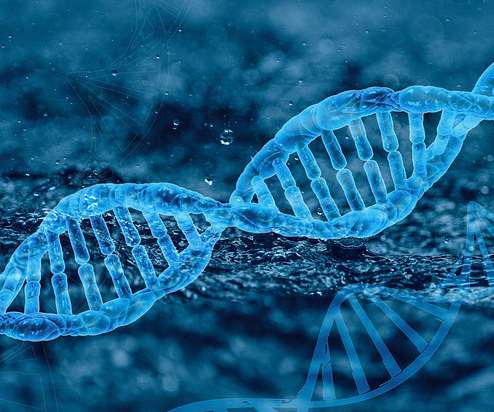
The Pharma Data
AUGUST 16, 2021
Better activation of innate and adaptive immune responses was achieved with CV2CoV, resulting in faster response onset, higher titers of antibodies, and stronger memory B and T cell activation as compared to the first-generation candidate, CVnCoV. “In Induction of innate immunity was investigated via specific cytokine markers.
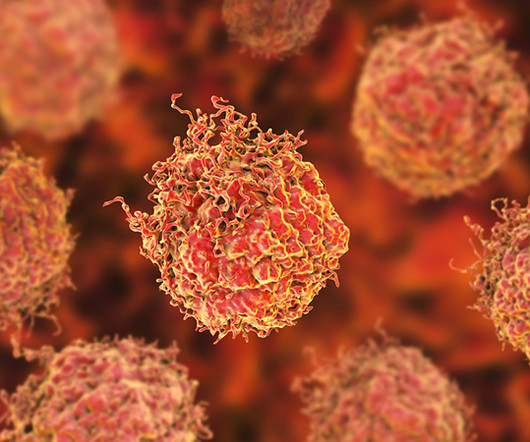
Drug Target Review
JUNE 9, 2023
This exclusive interview with Dr Sharon Benzeno, Chief Commercial Officer, Immune Medicine at Adaptive Biotechnologies, unveils some ground-breaking research on T- cell therapy for cancer , which has seen the first TCR-based therapeutic candidate progress to clinical development, offering promising advancements in innovative cancer treatments.

Drug Discovery World
SEPTEMBER 28, 2023
The company demonstrated that resminostat is well tolerated and can inhibit tumour growth and proliferation, cause tumour regression, and strengthen the body’s immune response to cancer in the RESMAIN study. CTCL is a rare disease with approximately 5,000 patients being newly diagnosed in Europe each year.

Drug Discovery World
MARCH 26, 2024
It is approved in adults and adolescents (12 years of age and older weighing at least 40kg) who are moderate-to-severely immune compromised due to certain medical conditions or receipt of certain immunosuppressive medications or treatments and are unlikely to mount an adequate immune response to Covid-19 vaccination.
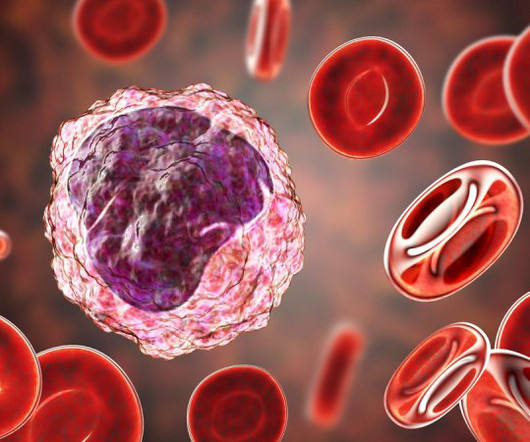
Drug Discovery World
MARCH 17, 2023
Researchers have shown for the first time that malfunctioning behaviour of a type of immune cell is linked to specific symptoms of Long Covid. Normally functioning monocytes, made in the bone marrow, would travel through the blood to the lungs where they surround and kill the virus and boost the immune response.
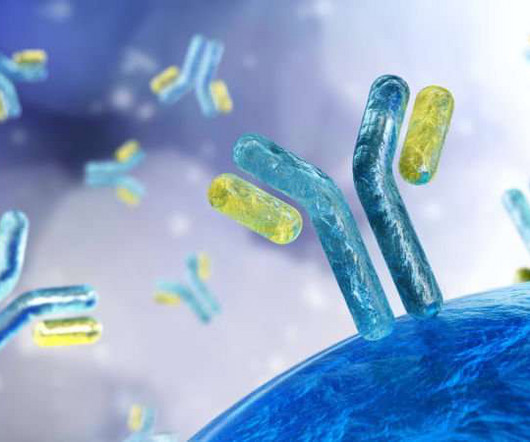
Drug Discovery World
AUGUST 16, 2023
Researchers have shown that a novel antibody has greater activity and potentially fewer side effects than existing biological therapies for conditions such as rheumatoid arthritis (RA), psoriasis, and inflammatory bowel disease (IBD).
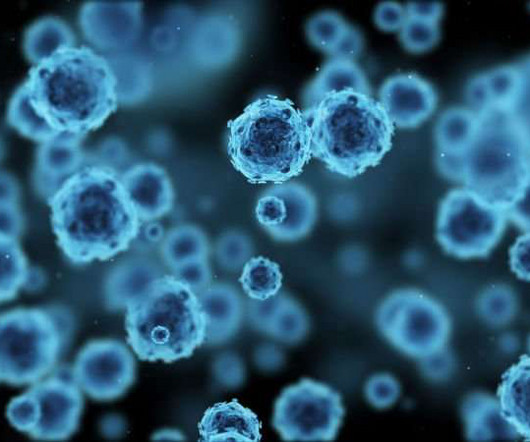
Drug Discovery World
MAY 23, 2024
The three-year survival rate for children with high-grade gliomas, without further complications, is only 11-22%, and the currently available treatments, radiotherapy and chemotherapy, can harm the child’s developing brain. The virus also increased the number of immunity-boosting white blood cells within the tumours.
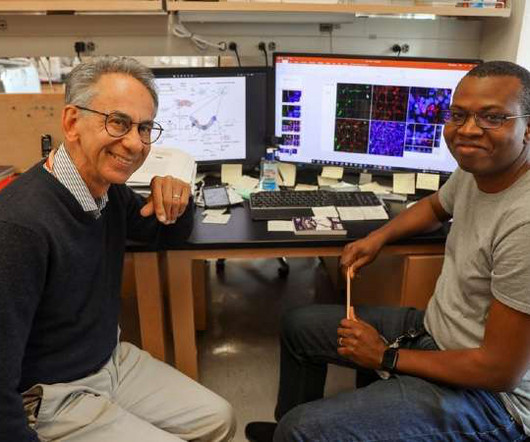
Drug Discovery World
SEPTEMBER 7, 2023
Researchers have discovered a new avenue of cell death in Alzheimer’s disease and vascular dementia. This finding will open new avenues in drug discovery for Alzheimer’s disease as potential new treatments could focus on reducing microglial degeneration in the brain.

Drug Discovery World
DECEMBER 16, 2022
The investment allows the company to focus on discovering and developing novel small molecule therapies targeting RNA modifying enzymes (RMEs) for oncology and other diseases. . STC-15 triggers both direct cytotoxic and immune response-based efficacy mechanisms in solid tumour and leukaemia models.
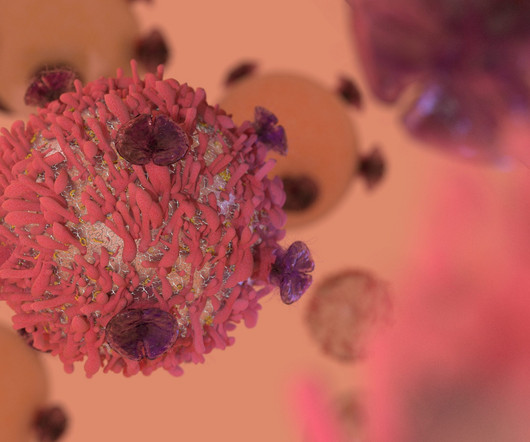
Drug Target Review
FEBRUARY 21, 2024
Stem cell transplants primarily help the immune response through the “graft-versus-leukaemia effect,” and we have to manage the “graft versus host effect.” This involves the use of CAR-T cell products derived from donor T cells, hence the term “off the shelf,” making it easier to standardise treatments.

Drug Discovery World
MARCH 30, 2023
This breakthrough marks the first of its kind in China and represents a significant milestone in innovative drug discovery pathways for cancer treatment. According to data and analytics company Globaldata, the approval of LK101 injection sets the stage for exciting developments in the field.
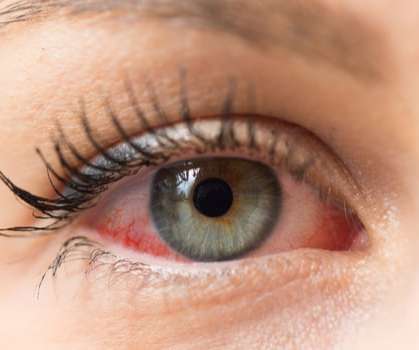
The Pharma Data
OCTOBER 26, 2020
Food and Drug Administration (FDA) has approved EYSUVIS for the short-term treatment of dry eye disease. . adults have been diagnosed with dry eye disease, a chronic, episodic, multifactorial disease. It also increases your risk for inflamed cornea, cornea eye disease, corneal ulcers and injuries, and eye infections. .

Chemical Biology and Drug Design
JANUARY 29, 2024
sPLA 2 inhibitors have been developed for the treatment of inflammatory and other conditions such as cardiovascular disease, arteriosclerosis and rheumatoid arthritis. Besides their roles in the degradation of phospholipids, these enzymes also play an important role in the immune response by promoting inflammation.

Drug Target Review
JUNE 27, 2023
In a related article, discover the cutting-edge breakthroughs in T cell research that are revolutionising our understanding of the immune system and paving the way for new therapies and treatments.
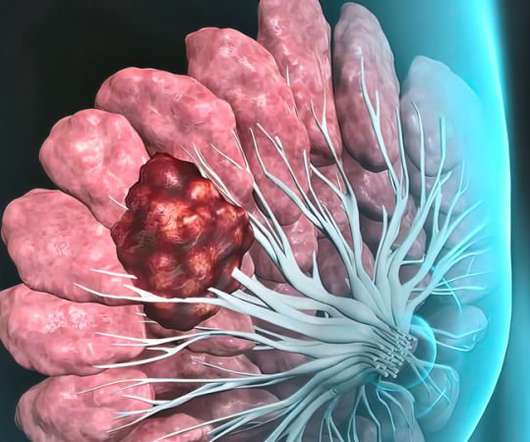
Drug Discovery World
OCTOBER 7, 2022
The research gives insight into the function of immune cells in patients with chemotherapy-resistant breast cancers. While chemotherapy may not kill cancer cells in these high-risk patients, immunotherapy, a type of treatment that helps the immune system to attack cancer cells, may provide a benefit. .

Drug Discovery World
AUGUST 2, 2022
Secondary endpoints will evaluate treatment efficacy, including progression-free and overall survival as well as any immune response to NeuroNova. . This results in significantly more virus distributed at the tumor sites, inducing a greater self-amplifying anti-tumor response. less than one year. Camaisa. .
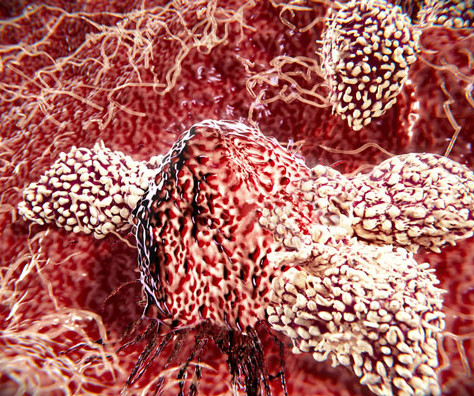
Drug Target Review
MARCH 1, 2024
How significant are the results in terms of advancing TCR-T cell therapy and AMP immunotherapy for the treatment of solid tumours? Long-term protection against tumour recurrence in AMP-treated mice was associated with antigen spreading to additional tumour-associated antigens not targeted by the treatment.
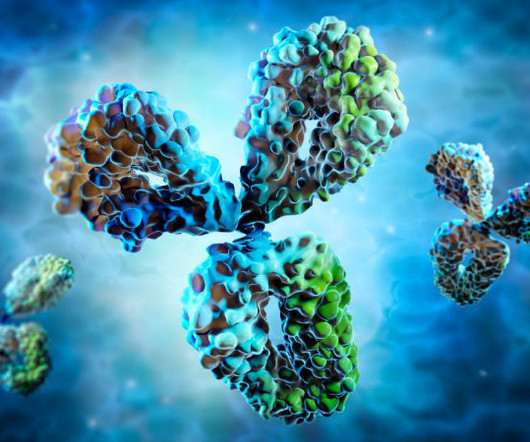
Drug Discovery World
JULY 25, 2023
These include two antibodies for modulating immune responses in cancer and autoimmunity, which are being advanced through pharmaceutical partnerships with Novartis and GlaxoSmithKline. I mean, if you have Hashimoto’s disease, in three weeks your thyroid gland will disappear.
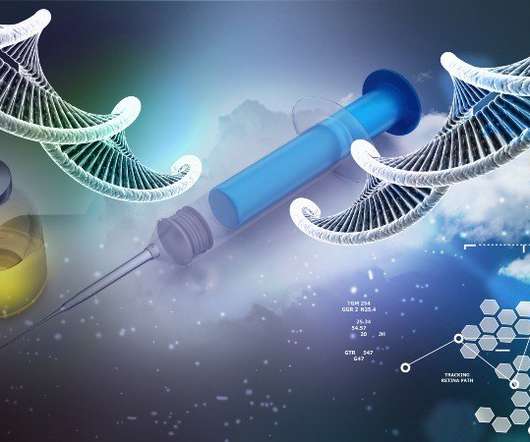
Drug Discovery World
NOVEMBER 8, 2022
mRNA-4157/V940 is currently being evaluated in combination with KEYTRUDA, Merck’s anti-PD-1 therapy, as adjuvant treatment for patients with high-risk melanoma in a Phase II clinical trial being conducted by Moderna. . KEYNOTE-942 is an ongoing randomised, open-label Phase II trial that enrolled 157 patients with high-risk melanoma.
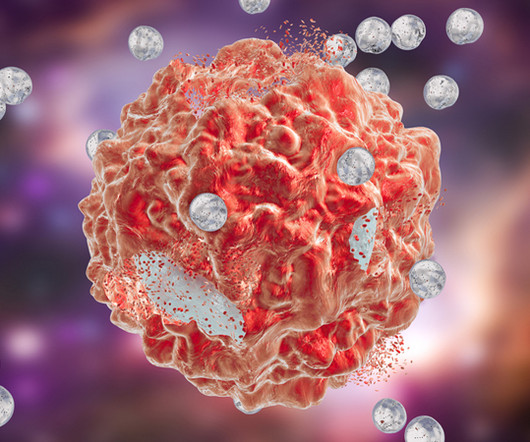
Drug Target Review
NOVEMBER 24, 2023
La-Beck explained: “The thing that’s really attractive with using a nanoparticle in cancer treatments is that the nanoparticle is much larger than chemotherapy molecules.” Doxorubicin, a drug frequently used for breast cancer treatment, causes significant heart toxicity. On the other hand, some of these responses were bad.

Chemical Biology and Drug Design
APRIL 28, 2023
The public's worry about the neglected tropical disease is growing as new foci of the illness arise, which are exacerbated by alterations in behavior, changes in the environment, and an enlarged range of sand fly vectors. Leishmania research has advanced significantly during the past three decades in a few different avenues.
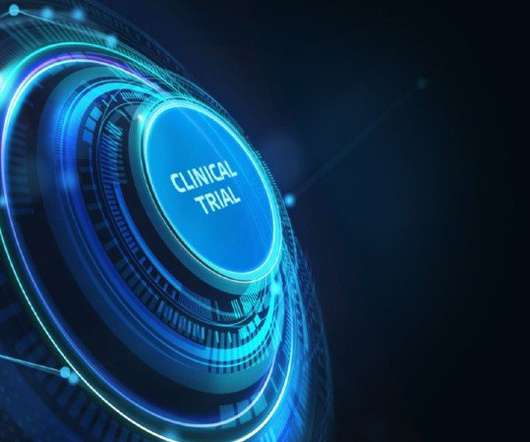
Drug Discovery World
JANUARY 17, 2023
Genoscience Pharma, a clinical-stage biotech company developing lysosomotropic drug candidates for the treatment of cancer, fibrosis and auto-immune diseases through autophagy modulation has launched the ABE-LIVER study, along with trial sponsor Grenoble University Hospital. . The trial . The primary criteria is PFS.
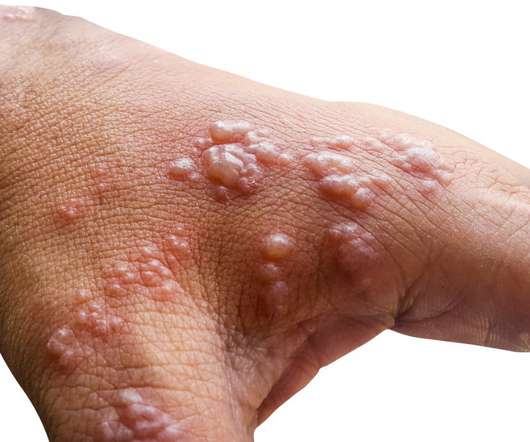
Olympian Clinical Research
NOVEMBER 9, 2022
Although this disease is estimated to affect less than 50,000 Americans, it may be life-threatening, especially for people who are already in poor health. Therefore, if you or a loved one is dealing with this rare condition, it’s essential to educate yourself about the condition and its potential treatments. Radiation therapy.

Drug Discovery World
FEBRUARY 28, 2024
According to the American Association of Cancer Research (AACR) 2 , research-driven advances in treatments have resulted in the decline in death rates for melanoma, leukaemia, and kidney cancer. Currently, all antibodies approved for the treatment of cancer belong to a class known as IgG. Research into new cancer drugs remain strong.
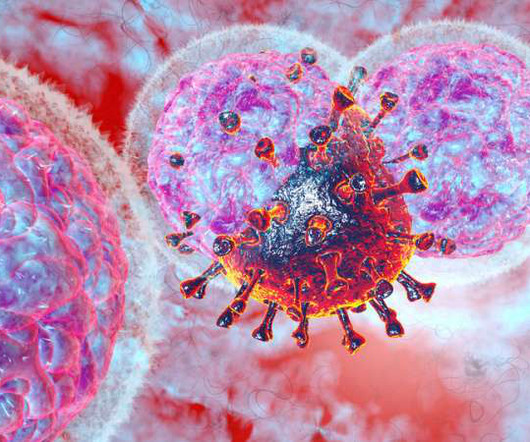
Drug Discovery World
OCTOBER 25, 2023
Preliminary results showed marked shrinkage of target lesions in five patients; efficacy evaluation showed two patients with complete response, two with partial response, and one with stable disease. No dose-limiting toxicities were reported. “We
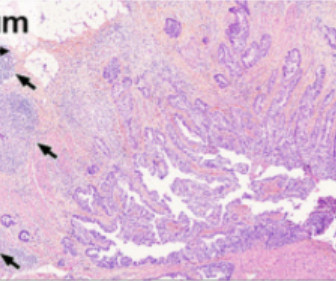
SugarCone Biotech
JUNE 10, 2024
Targeting 4-1BB remained of interest to the immuno-oncology field as cell culture experiments and tumor models in mice suggested that robust anti-tumor immune responses could be triggered by anti-4-1BB antibody therapies. This is the T cell type most closely associated with anti-tumor immune responses.
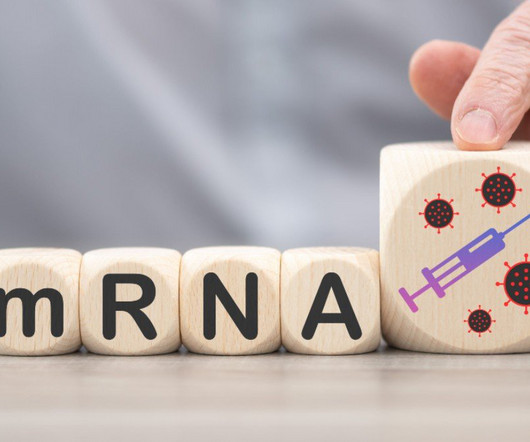
Drug Discovery World
APRIL 16, 2023
Vaccine strategies over the last 25 years attempted to induce immune responses against tumour-associated antigens that are not absolutely specific to the tumour,” said presenting author Jeffrey Weber, Deputy Director of the NYU Langone Perlmutter Cancer Center and Laura and Isaac Perlmutter Professor of Oncology at NYU Grossman School of Medicine.
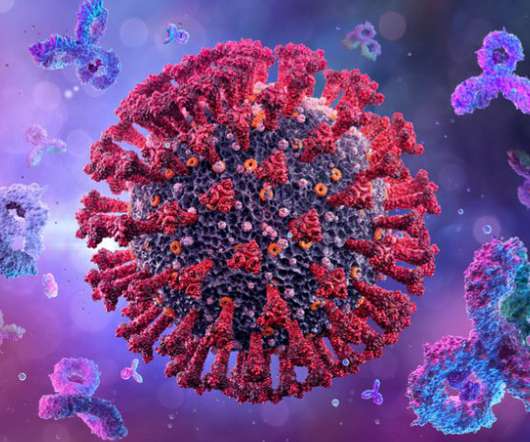
Drug Discovery World
JANUARY 3, 2023
The commencement of the trial triggers a $5 million milestone payment to RQ Bio and will enable the company to execute its four scientific programmes focused on viral diseases. .
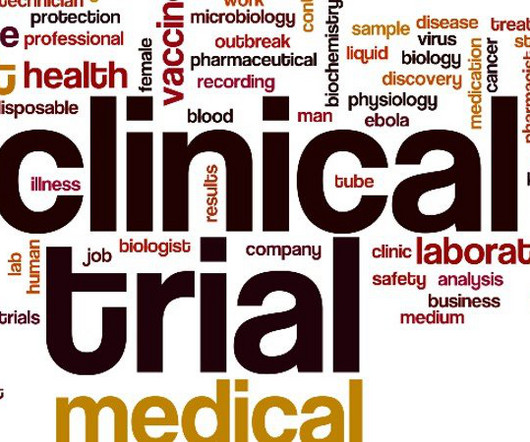
Drug Discovery World
MARCH 24, 2023
dendritic cells, monocytes) triggers a broad immune response that includes significant increases in cytotoxic CD8 plus T cells armed with chemo-induced tumour antigens to target cancer. This synergy was demonstrated by the AIPAC Phase IIb trial’s encouraging efficacy and safety, including a over 2.9-month
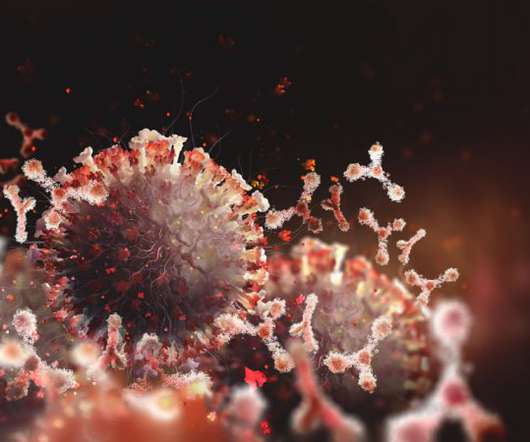
Drug Discovery World
FEBRUARY 6, 2023
This is part of why patients in trials and the clinic can experience severe toxicity and adverse events, reject their therapy with an immune response, or completely fail to respond to treatment. This has consequences for safety and efficacy. Starting from antibodies found in humans is a better strategy.
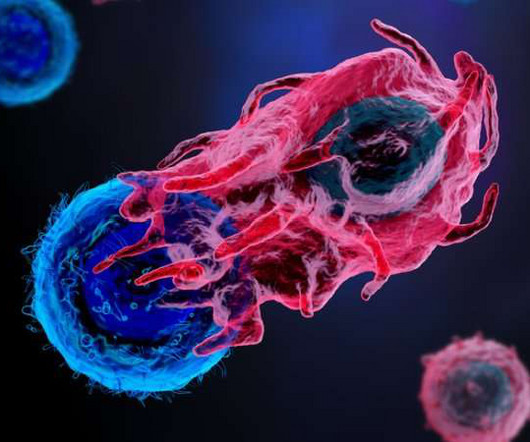
Drug Discovery World
NOVEMBER 10, 2023
Dense aggregates of immune cells, including CD8 positive granzyme B positive cytotoxic T cells, dendritic cells, and B cells, were observed in PDAC tissue after CAN-2409 treatment, confirming activation of a robust antitumoral immune response.
Expert insights. Personalized for you.
We have resent the email to
Are you sure you want to cancel your subscriptions?


Let's personalize your content